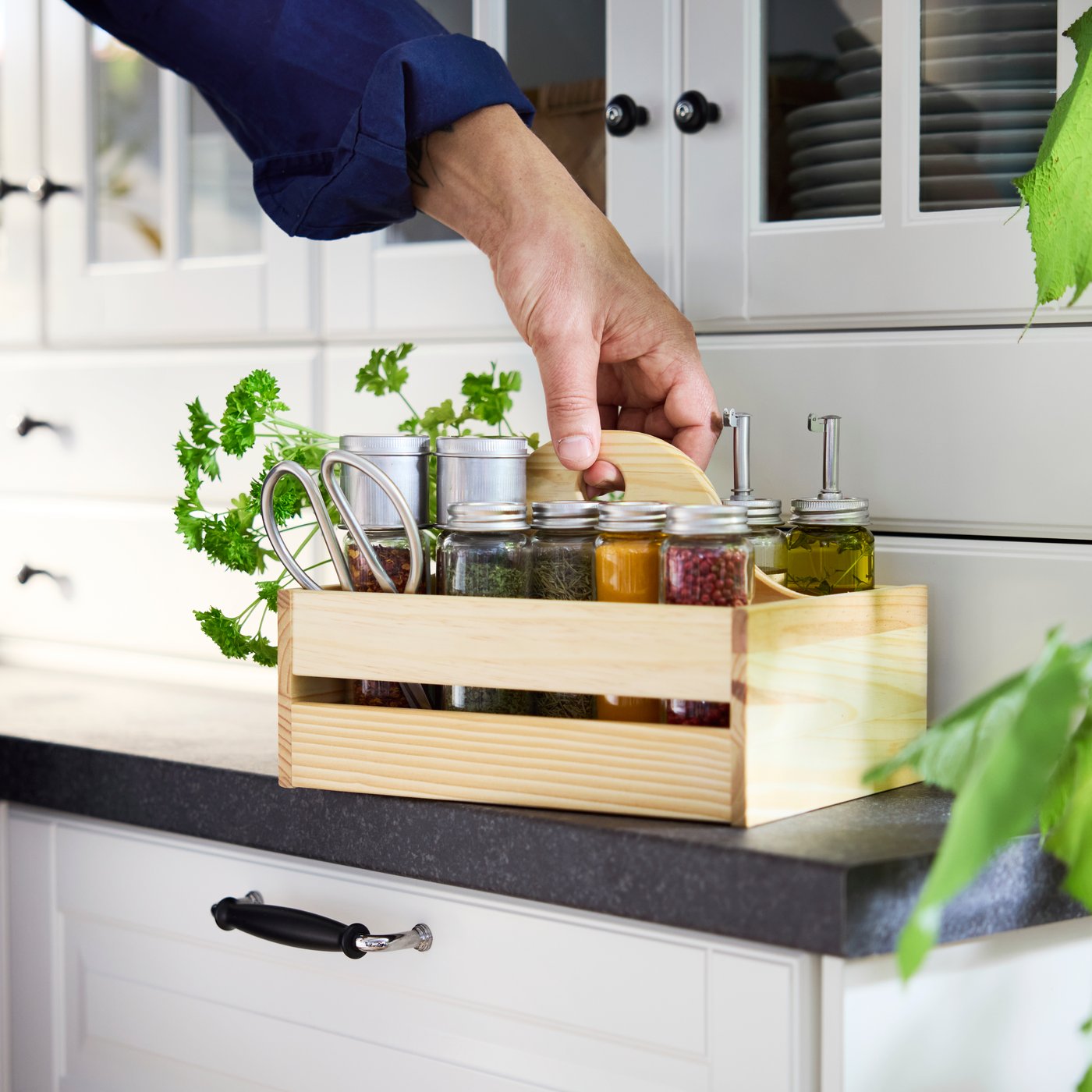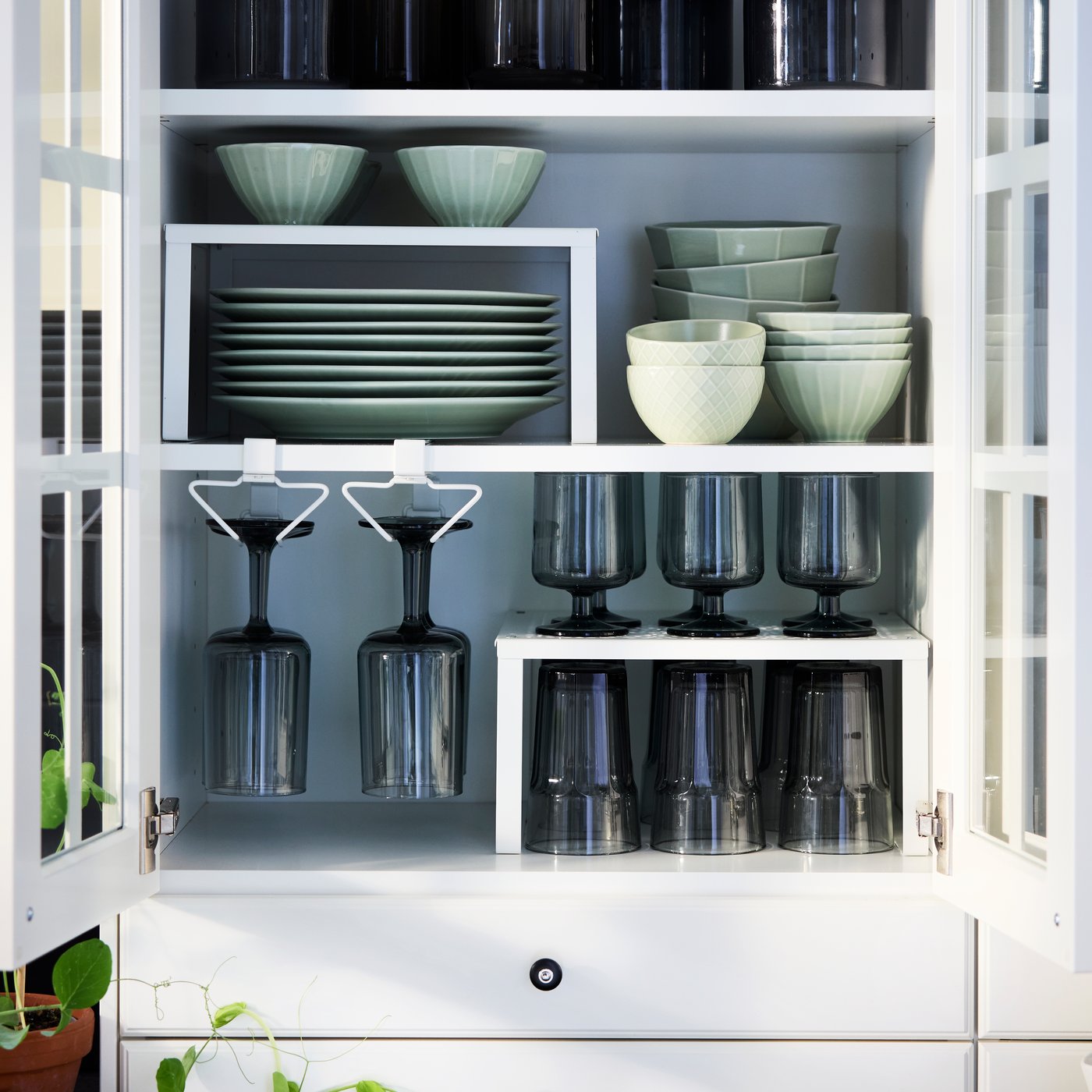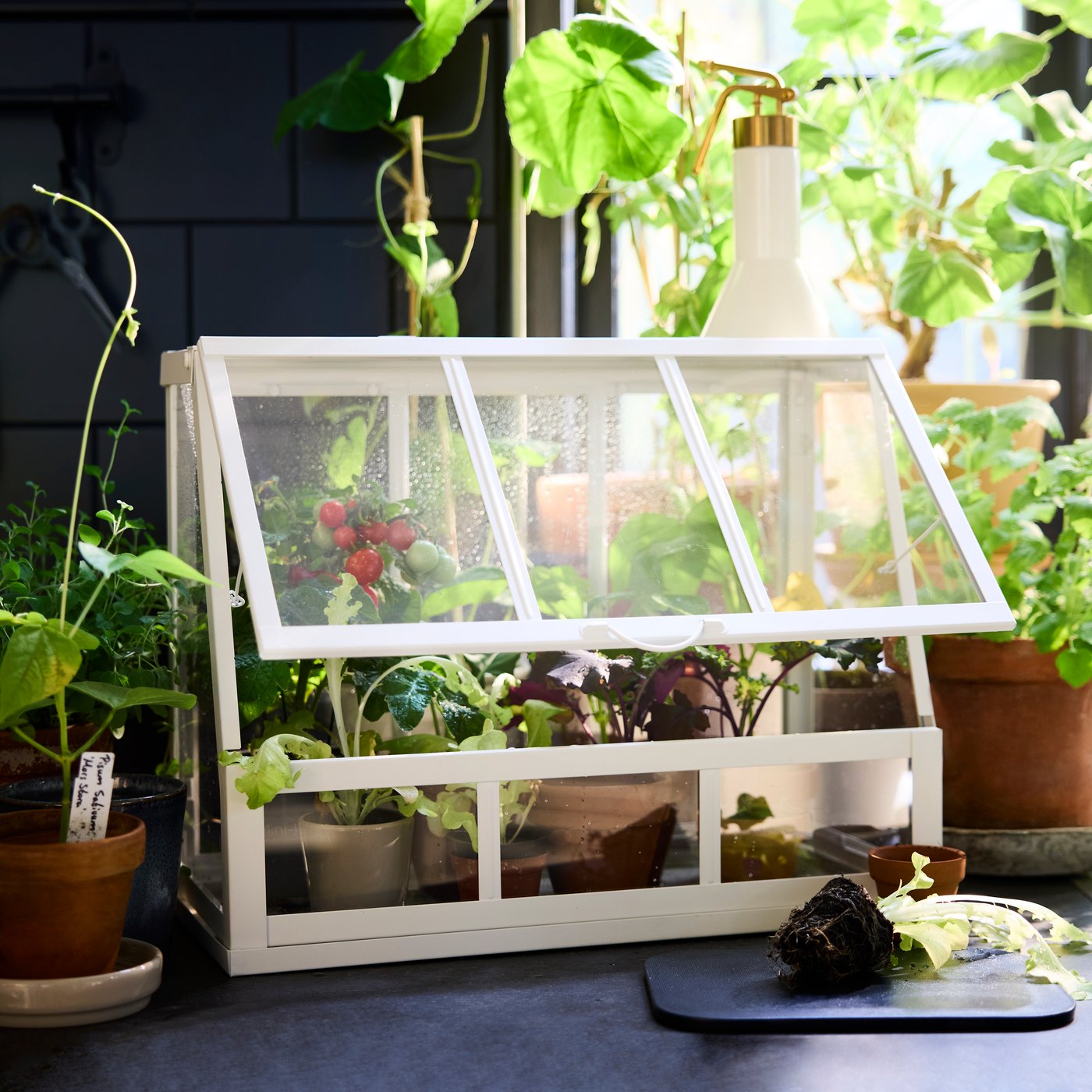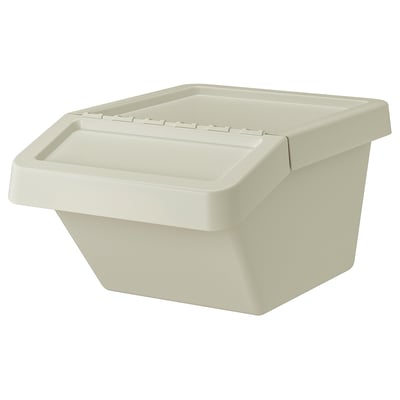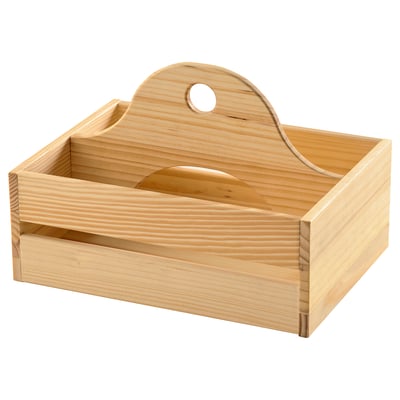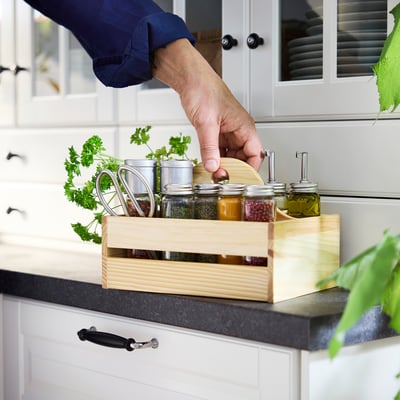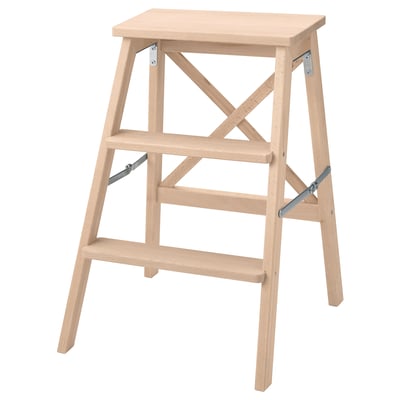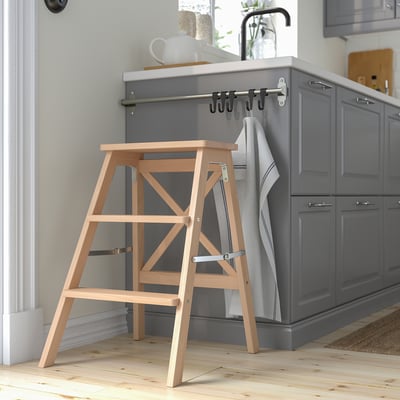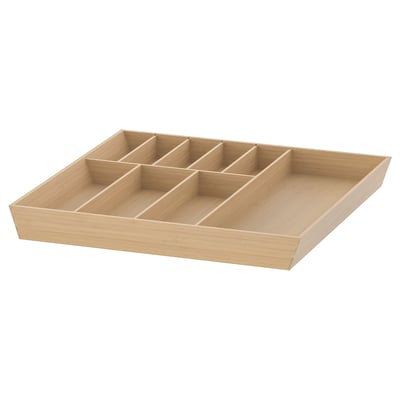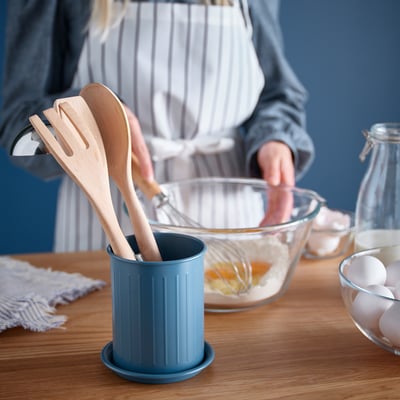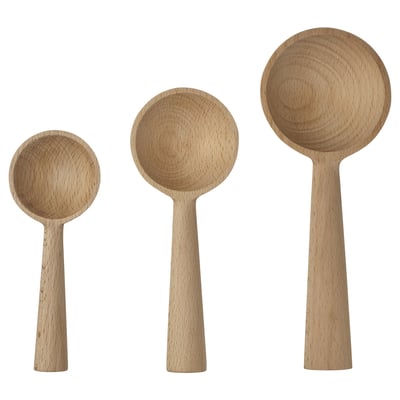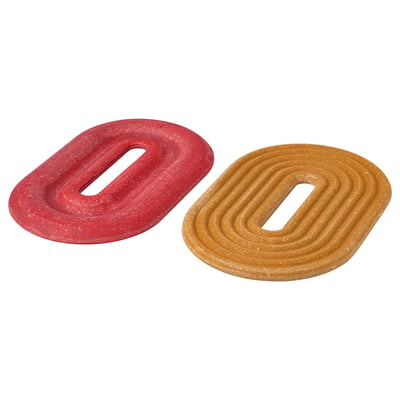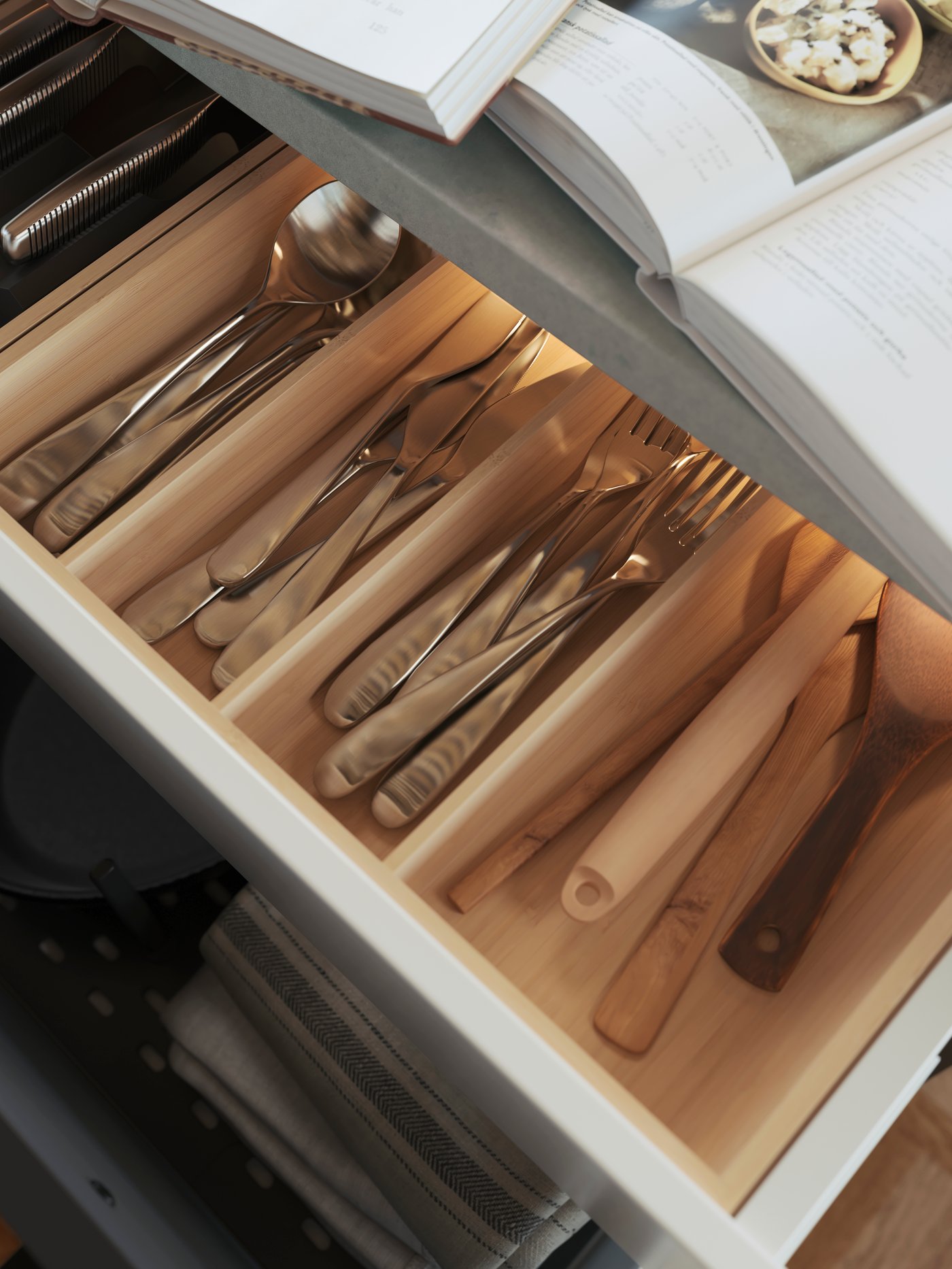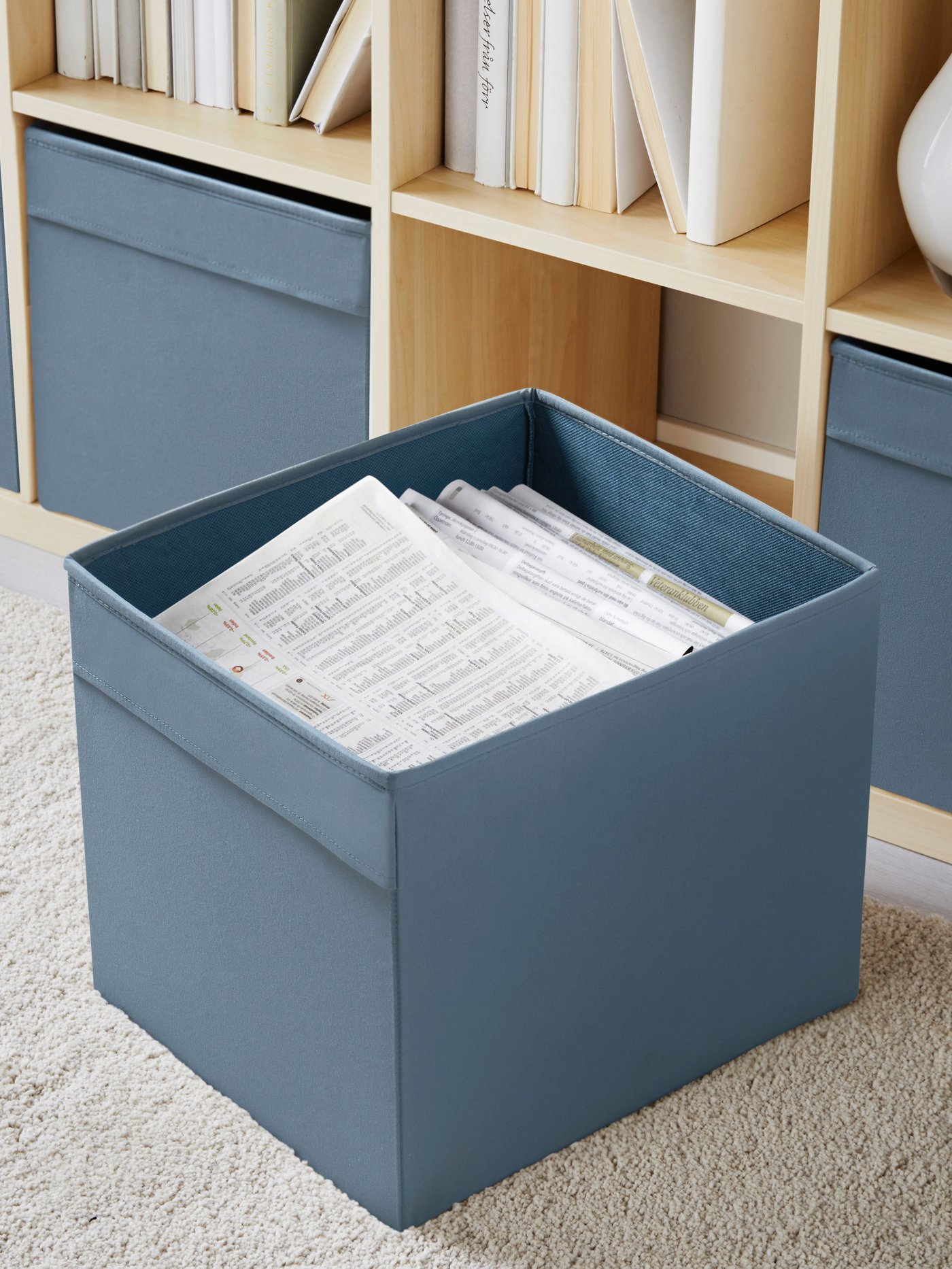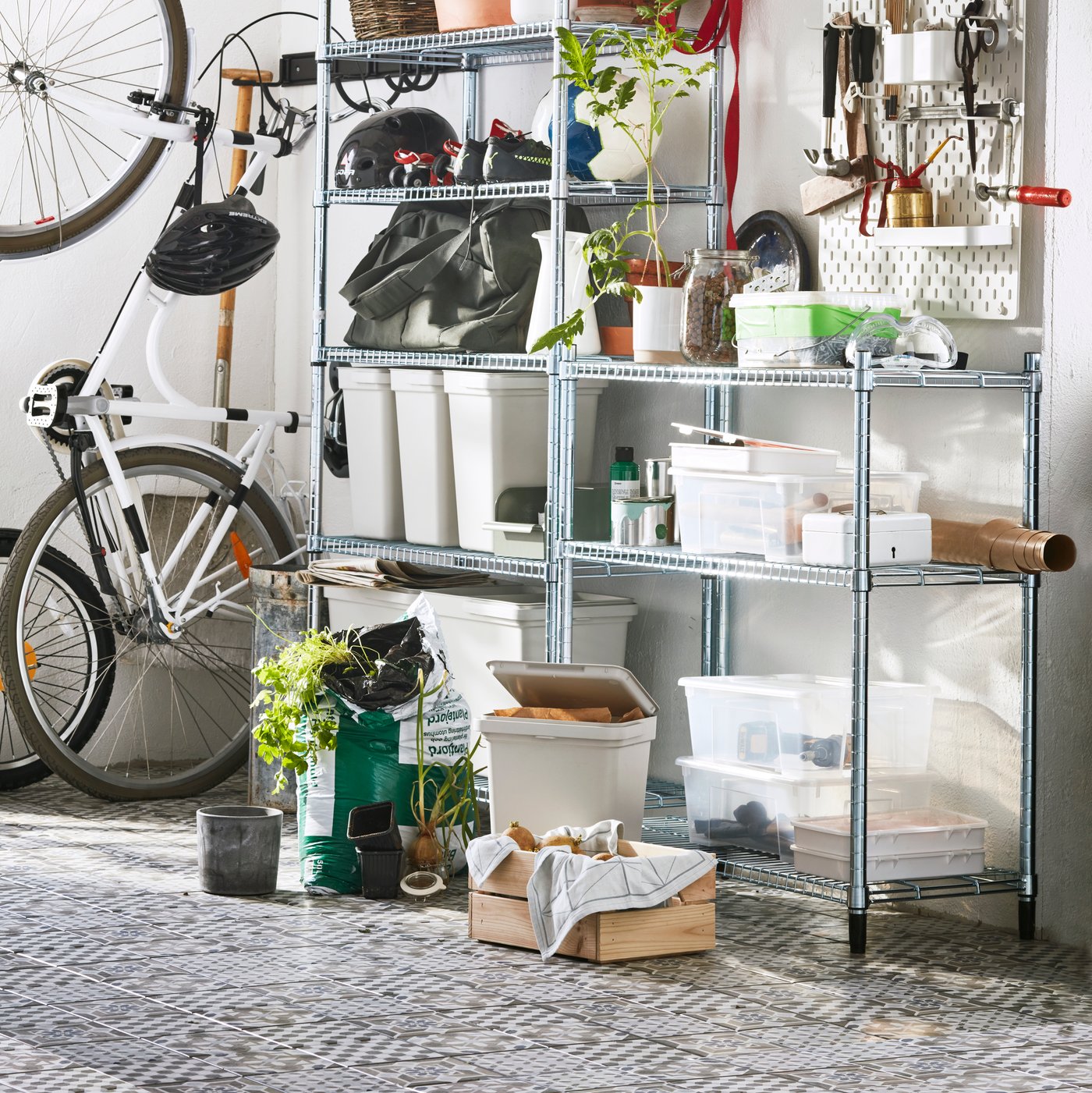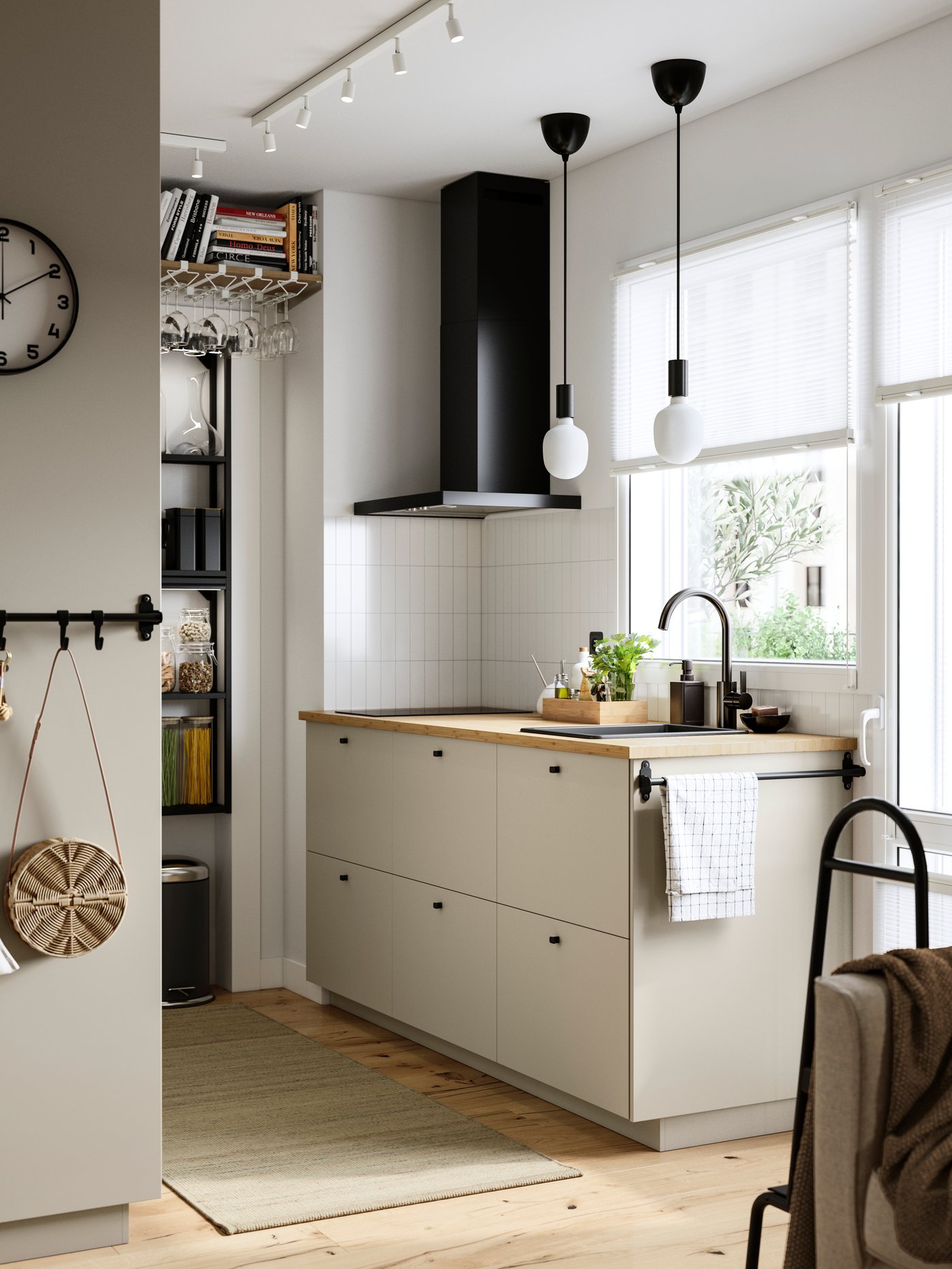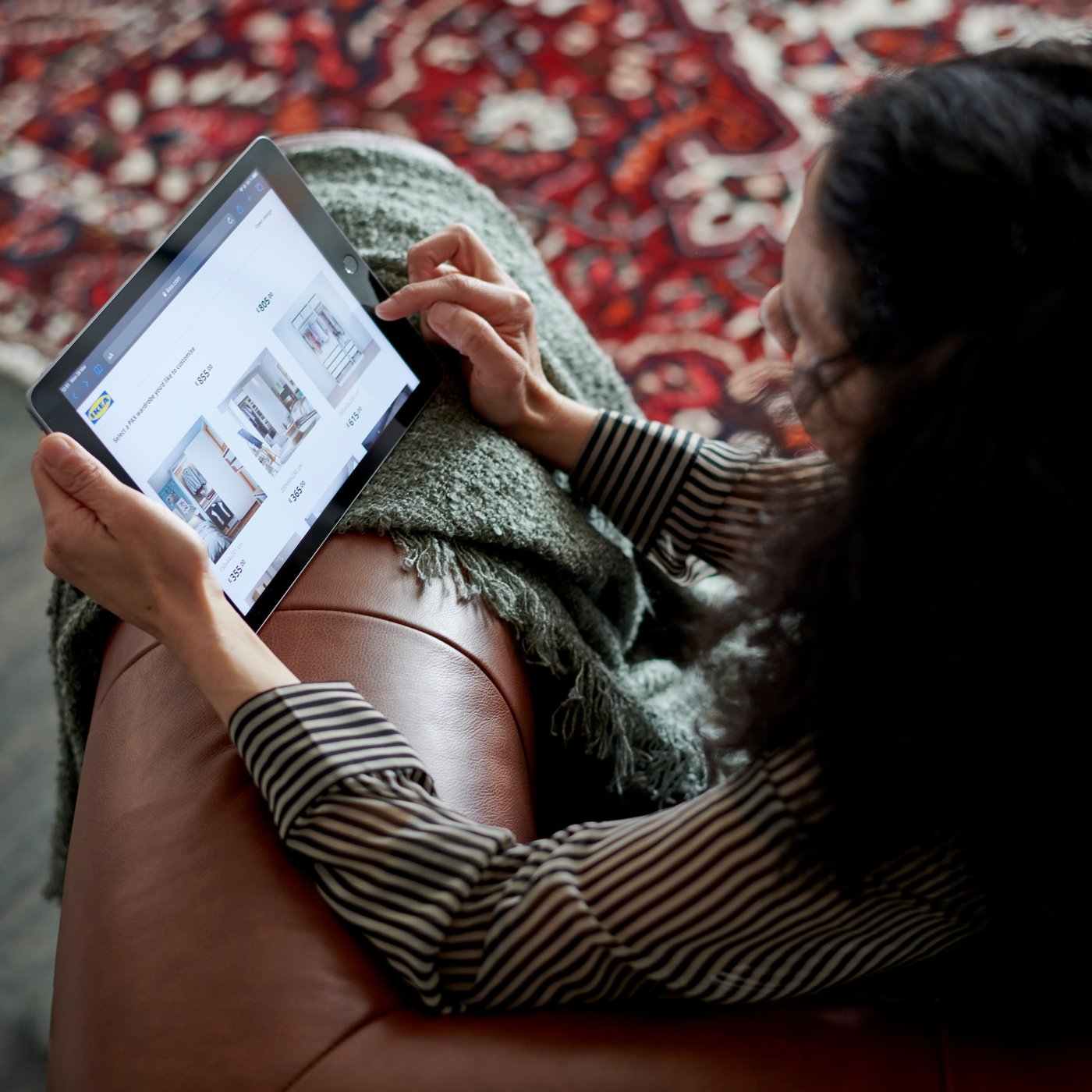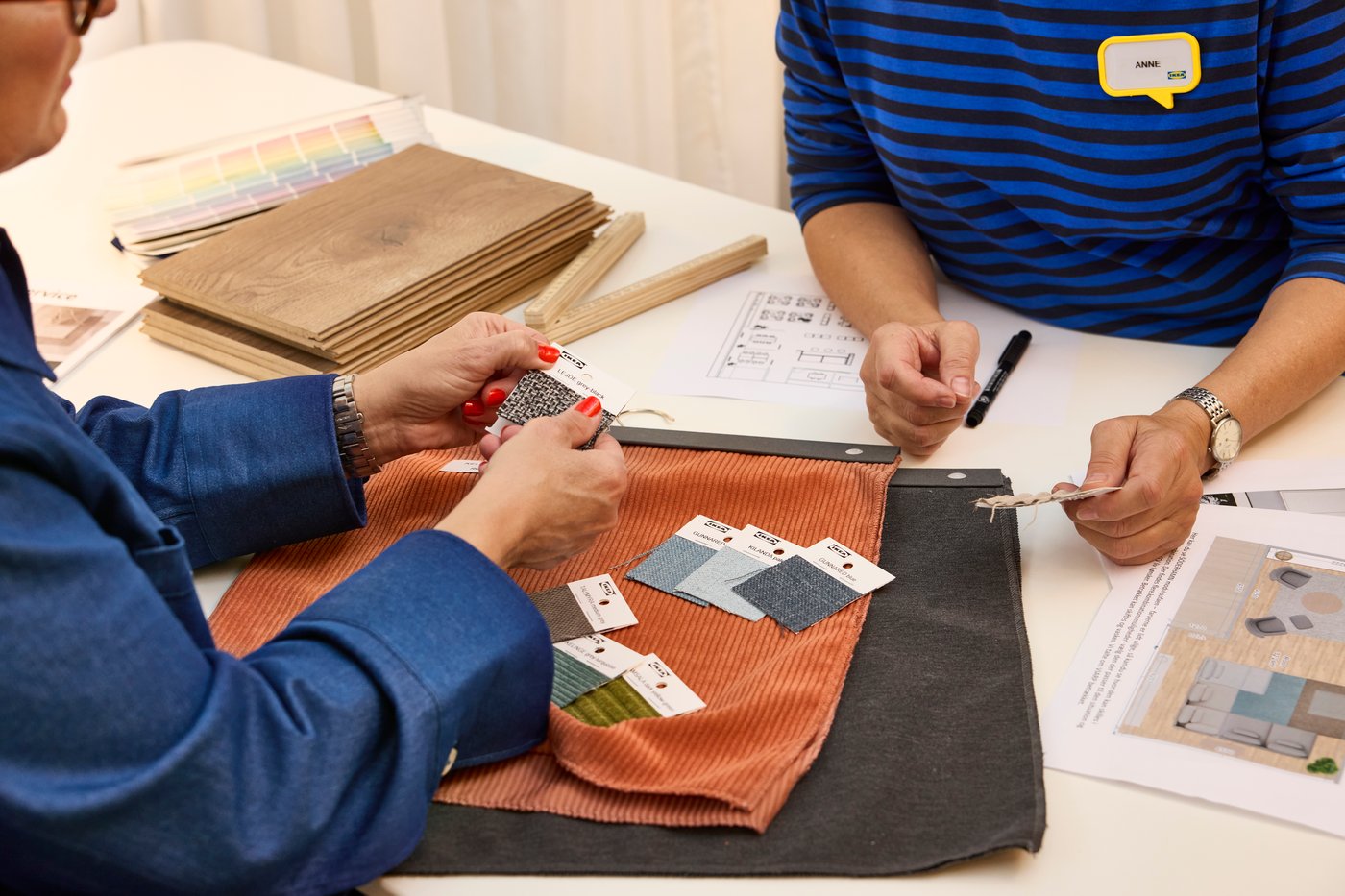Tips and ideas for the home
Find ideas to kick-start your next project and freshen up your home decor. Use this page to view IKEA products that solve common, everyday problems, and find what inspires you.

Organised kitchens – inside and out
There's no point in your kitchen looking tidy on the outside if it's complete chaos inside your drawers and cupboards. Equip your interiors with organisation accessories and you'll always find what you're looking for.
Organisation that brings out your best
An organised home exudes peace and tranquillity. Use furniture and accessories to get everything in order, so you no longer have to spend time tracking down whatever it is you can't find.
As many storage products as you can imagine
For more inspiration…
IKEA Live, the best live experience
IKEA Live features tips for life at home, design ideas and fun IKEA-related situations. Perfect for finding inspiration and becoming a decorating expert.
A made-to-measure home
And discover how our interior designers gave these real family spaces a complete overhaul. Get ready to be inspired and let your imagination run wild with these episodes of "A made-to-measure home".







